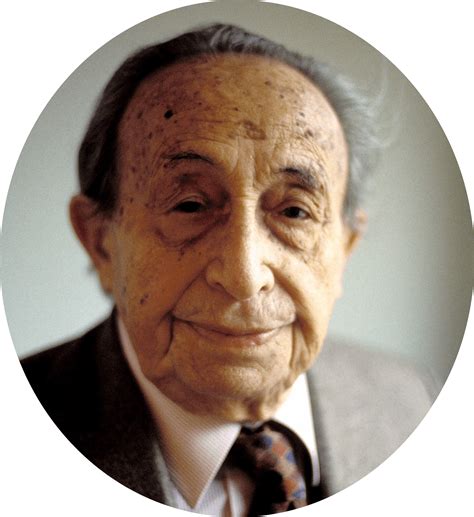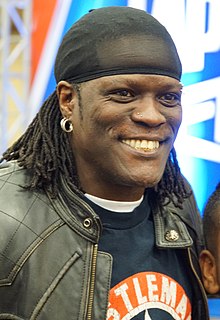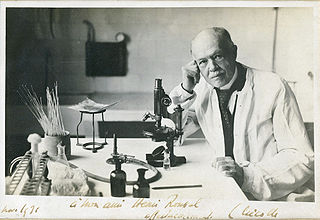A Quote by Solomon Schechter
By vulgarity I mean that vice of civilization which makes man ashamed of himself and his next of kin, and pretend to be somebody else.
Related Quotes
There is one vice of which no man in the world is free; which every one in the world loathes when he sees it in someone else; and of which hardly any people, except Christians, ever imagine that they are guilty themselves. […] There is no fault which makes a man more unpopular, and no fault which we are more unconscious of in ourselves.[…]The vice I am talking of is Pride or Self-Conceit: and the virtue opposite to it, in Christian morals, is called Humility.
All the lies and evasions by which man has nourished himself civilization, in a word is the fruits of the creative artist. It is the creative nature of man which has refused to let him lapse back into that unconscious unity with life which characterizes the animal world from which he made his escape.
And this is the ultimate lesson that our knowledge of the mode of transmission of typhus has taught us: Man carries on his skin a parasite, the louse. Civilization rids him of it. Should man regress, should he allow himself to resemble a primitive beast, the louse begins to multiply again and treats man as he deserves, as a brute beast. This conclusion would have endeared itself to the warm heart of Alfred Nobel. My contribution to it makes me feel less unworthy of the honour which you have conferred upon me in his name.
There is probably no one, however rigid his virtue, who is not liable to find himself, by the complexity of circumstances, living at close quarters with the very vice which he himself has been most outspoken in condemning -- without altogether recognizing it beneath the disguise of ambiguous behavior which it assumes in his presence.
Your thought describes laws, courts, judges, punishments. Mine explains that when man makes a law, he either violates it or obeys it. If there is a basic law, we are all one before it. He who disdains the mean is himself mean. He who vaunts his scorn of the sinful vaunts his disdain of all humanity.
The good devout man first makes inner preparation for the actions he has later to perform. His outward actions do not draw him into lust and vice; rather it is he who bends them into the shape of reason and right judgement. Who has a stiffer battle to fight than the man who is striving to conquer himself.
There will be three, kin of your kin..." Jayfeather's voice shook as he wondered if he could possibly be right. "Cloudtail is Firestar's kin, Whitewing is Cloudtail's daughter, and now Dovekit and Ivykit...Don't you see? The prophecy isn't over! We aren't the only kin of Firestar's kin. It doesn't matter which of Whitewing's kits is the one. There are still three of us! [Jayfeather]
I believe that the unity of man as opposed to other living things derives from the fact that man is the conscious life of himself. Man is conscious of himself, of his future, which is
death, of his smallness, of his impotence; he is aware of others as others; man is in nature, subject to its laws even if he transcends it with his thought.






































